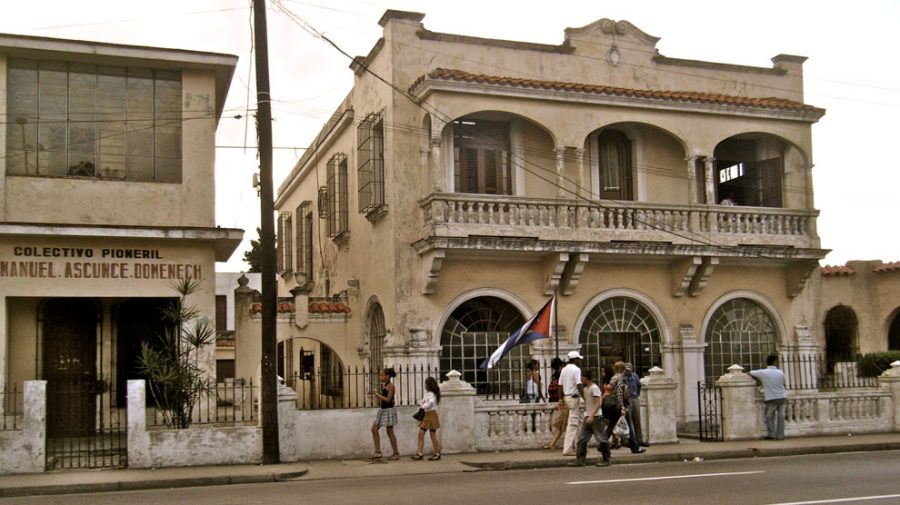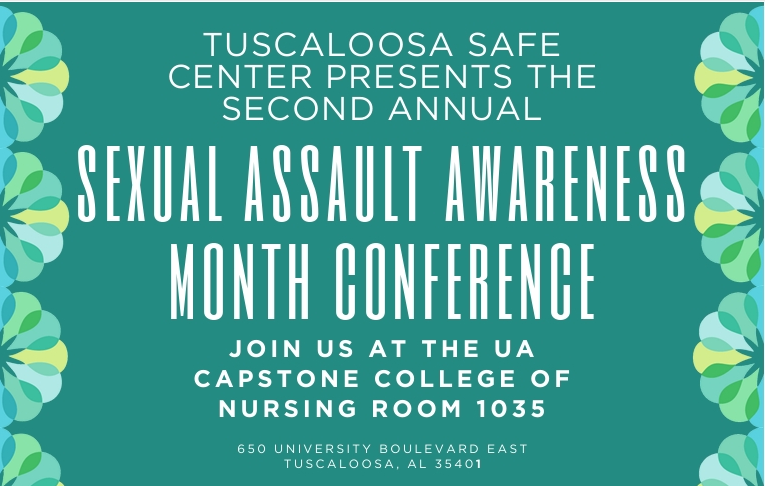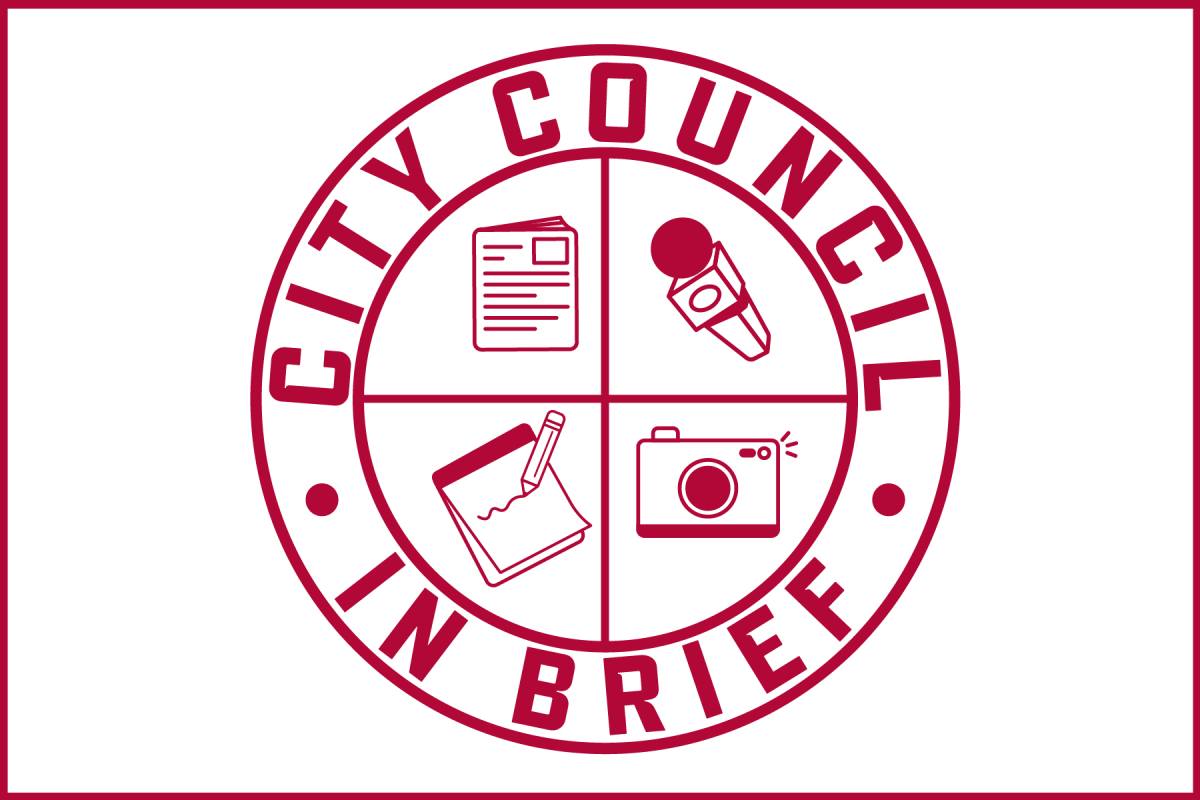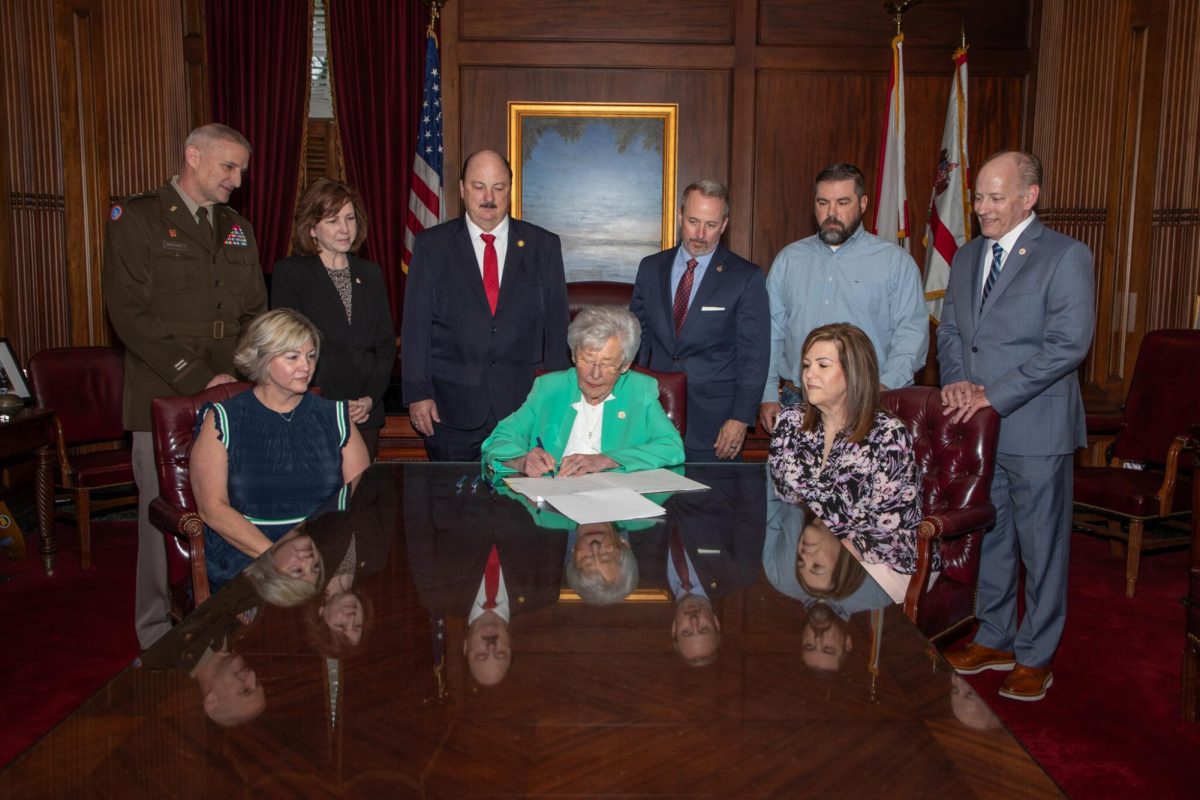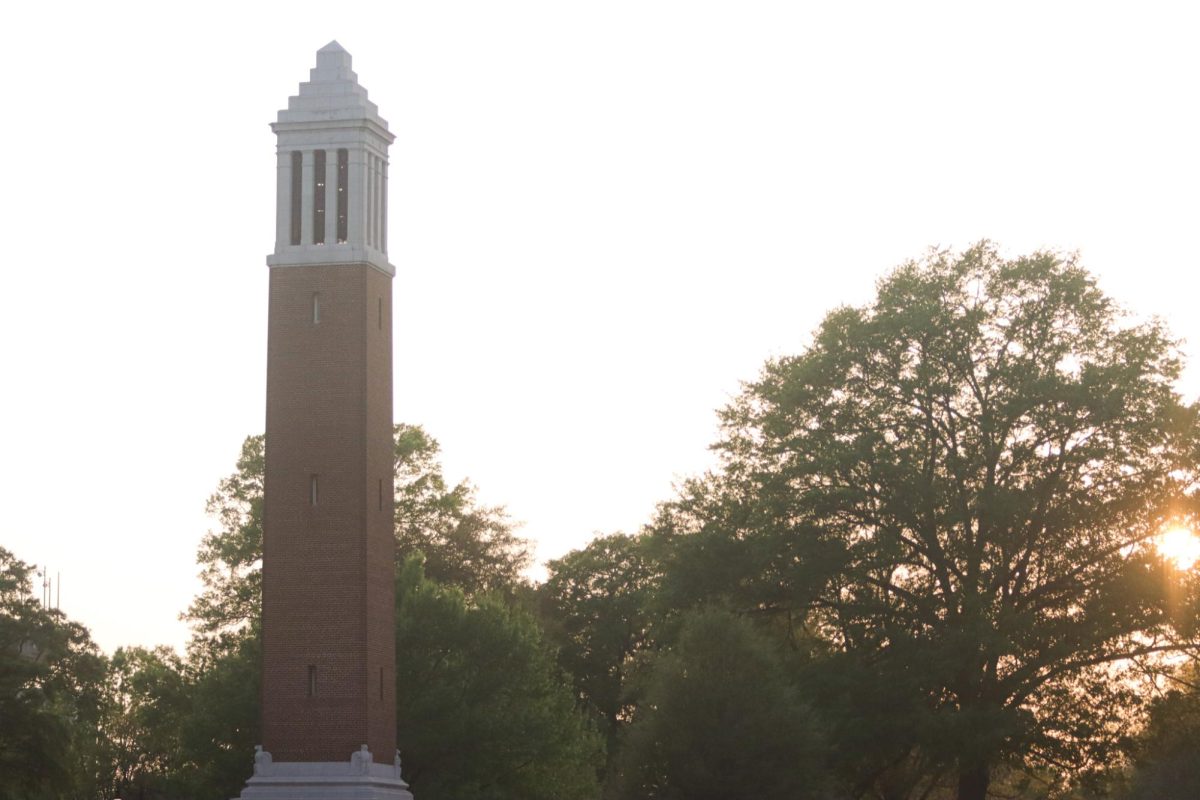After almost 10 years, the Alabama in Cuba study abroad program continues to provide UA students and faculty with the opportunity to travel and learn in a nation many Americans are not allowed to enter.
Every spring semester, the program, which is directed by UA professor Michael Schnepf, consists of students who are educated on different subjects inside and outside of the classroom.
“We would take cultural excursions outside of Havana, and in Havana too, so we could get the whole picture of Cuba,” said Shelby Calambokidis, a spring 2011 participant.
Calambokidis said they took four classes – two of them University Cuban culture classes, one taught by Schnepf and one Cuban relations class from a Cuban perspective.
“Not a lot of students know about [the Cuba study abroad program],” Calambokidis said. “But, it’s so amazing and such a unique opportunity because it is a country that we don’t have relations with. They have the richest culture. It was an amazing opportunity, and I’m so glad that I did it.”
Carmen Burkhalter, associate dean of the College of Arts and Sciences senior and senior information officer, said universities and colleges such as The University of Havana are based more on humanity subjects, and participants can learn the similarities between Americans and Cubans.
Burkhalter, who got involved in the program while working in the modern language department, said she hopes the program will continue to grow each year. There will be a big push for recruitment and spreading knowledge about the program early in the fall semester for students of all majors and minors, ranging from political science to music to Latin American studies.
Because of the differences between the democratic U.S. and communist Cuba, participants in the program have to receive national permission to be allowed to travel to the country. Burkhalter said she feels programs like Alabama in Cuba could eventually help ease relations between the two countries.
“I believe that, eventually, travel between the United States and Cuba will be open and free,” Burkhalter said. “In Cuba, [the students are] ambassadors for the Cubans, so that when there is a lifting of the regulations, there will be enough ambassadors from both countries that the transition will be much smoother.
“It may not happen today, it may not happen tomorrow, it may not happen five years from now, but I think eventually it will happen, because I see the young people. The future is in college-aged students, so I think as they get older, they’ll recognize the importance of the relationship of the two countries.”
“It’s such a rare opportunity that you get to visit a communist country and see what that is like,” Calambokidis said. “This is the only country that we’re not legally allowed to visit. If you’re presented with this opportunity, why not take advantage of it? It’s so close to us and it’s such a different, amazing culture.”
To learn more about the program, contact Schnepf at mschnepf@bama.ua.edu or 205-348-4238 or visit as.ua.edu/cuba.



